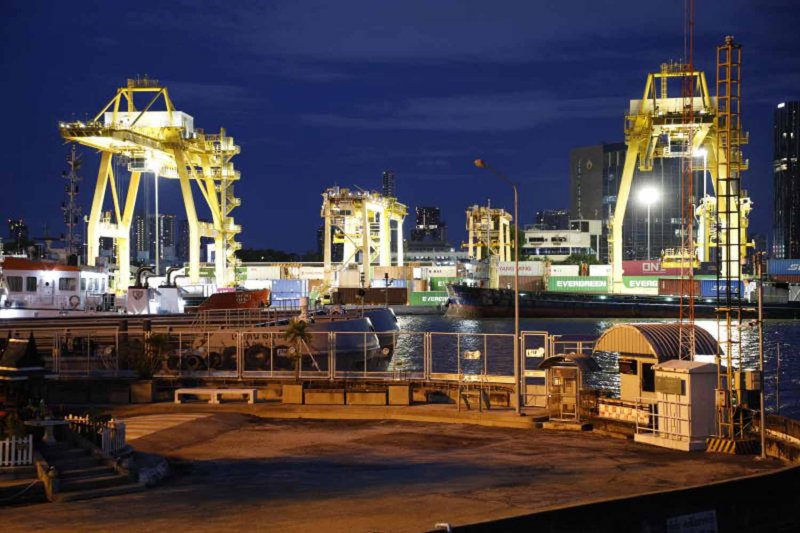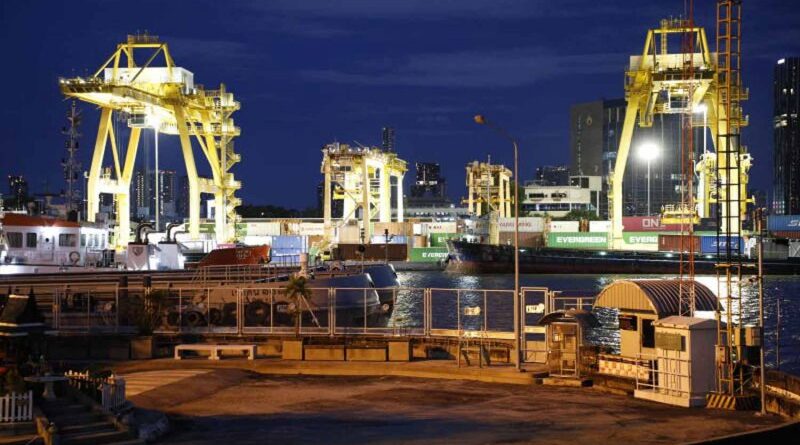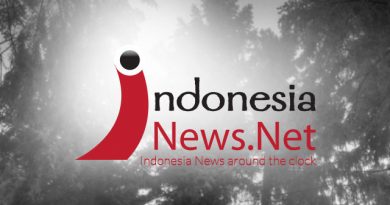US says Thailand agrees to lift trade barriers, make required purchases
Accord includes 80 US aircraft at a cost of $18.8bn

Thailand has agreed to the removal of barriers on US food, farm, medical, digital and film products, and to make a huge aircraft procurement and annual purchases of energy and farm products with preset minimal values, according to the United States government.
Long-term purchases incude 80 US planes costing US$18.8 billion.
In a statement, issued by the White House on Sunday night, the US said the “Framework for an Agreement on Reciprocal Trade”…“will provide both countries’ exporters unprecedented access to each other’s markets”.
According to the statement, the US requires Thailand to “eliminate tariff barriers on approximately 99 percent of goods, covering a full range of US industrial and food and agricultural products”.
The US “will maintain at 19 percent the reciprocal tariffs, as set forth in Executive Order 14257 of April 2, 2025, as amended, on originating goods of Thailand, and will identify products from the list set out in Annex III to Executive Order 14346 of September 5, 2025, Potential Tariff Adjustments for Aligned Partners, to receive a zero percent reciprocal tariff rate.”
The statement cited key terms which cover requirements for Thailand’s compliance concerning trade in a wide range of US-made products including vehicles, medical devices, pharmaceuticals, energy products, food and agricultural products.
According to the terms, Thailand will accept “US manufactured vehicles manufactured to comply with US federal motor vehicle safety and emissions standards” and “US Food and Drug Administration (FDA) certificates and prior marketing authorisations for medical devices and pharmaceuticals as sufficient to meet Thailand’s requirements.
Thailand will issue “import permits for US ethanol for fuel”, amend “customs laws to remove the customs reward system related to customs breaches and penalties” and adopt and implement “good regulatory practices”.
The US also requires Thailand to “address and prevent barriers to US food and agricultural products in the Thai market, including expediting access for US Food Safety and Inspection Service (FSIS)-certified meat and poultry products”.
In addition, Thailand will “address barriers impacting digital trade, services, and investment. Thailand commits to refrain from imposing digital services taxes or measures that discriminate against US digital services or digital products”.
Thailand will “refrain from imposing screen quotas for film”, “ease foreign ownership restrictions for US investment in Thailand’s telecommunications sector” and “remove in-country processing requirements for all domestic retail electronic payment transactions for debit cards issued in Thailand.”
Under the trade framework, “the United States and Thailand take note of the forthcoming commercial deals between US and Thai companies in the agriculture, energy, and aviation sectors”, including:
Purchases of agriculture products, including feed corn, soybean meal, and dried distiller grains with solubles with an estimated value of $2.6 billion per year
Purchases of energy products, including liquefied natural gas, crude oil, and ethane, with an estimated value of $5.4 billion per year; and
Procurement of 80 US aircraft, totaling $18.8 billion, the statement said.
“In the coming weeks, the United States and Thailand will negotiate and finalise the Agreement on Reciprocal Trade, prepare the Agreement for signature, and undertake domestic formalities in advance of the Agreement entering into force,” the White House said.
Source – Bangkok News




